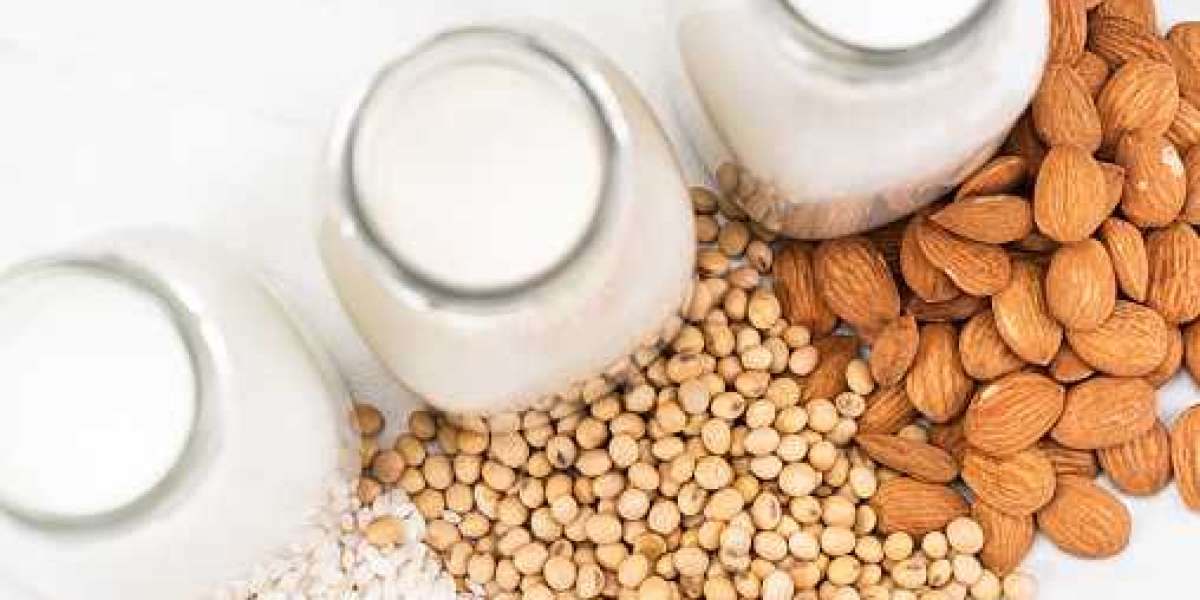Commercial lecithin used by food manufacturers is a mixture of phospholipids in oil. Lecithin can be obtained by water degumming of seed-extracted oil. It is a mixture of various phospholipids, the composition of which depends on the source of lecithin. The main source of lecithin is soybean oil. Due to the EU requirement to declare added allergens in food, in addition to the regulations on genetically modified crops, there is a gradual shift towards other sources of lecithin (such as sunflower lecithin). [citation needed] The main phospholipids in lecithin from soybeans and sunflowers are phosphatidylcholine, phosphatidylinositol, phosphatidylethanolamine, phosphatidylserine, and phosphatidic acid. They are often abbreviated as PC, PI, PE, PS and PA respectively. Purified phospholipids are produced by commercial companies.
In order to modify the properties of lecithin to make it suitable for products in which it is added, it can be enzymatically hydrolyzed. In hydrolyzed lecithin, a portion of the phospholipids has a fatty acid removed by phospholipases. This phospholipid is called lysophospholipid. The most commonly used phospholipase is phospholipase A2, which removes fatty acids at the C2 position of glycerol. Lecithin can also be modified through a process called fractionation. In this process, lecithin is mixed with alcohol, usually ethanol. Some phospholipids, such as phosphatidylcholine, have good solubility in ethanol, while most others do not. Ethanol was separated from the lecithin sludge and then removed by evaporation to obtain a phosphatidylcholine-enriched lecithin fraction.
Genetically modified crops as a source of lecithin
As mentioned above, lecithin is highly processed. As a result, genetically modified (GM) protein or DNA from the original GM crop is often undetectable—in other words, it is not substantially different from lecithin from non-GM crops. [8] Nonetheless, consumer concerns about GM foods have extended to highly purified derivatives of GM foods, such as lecithin.


